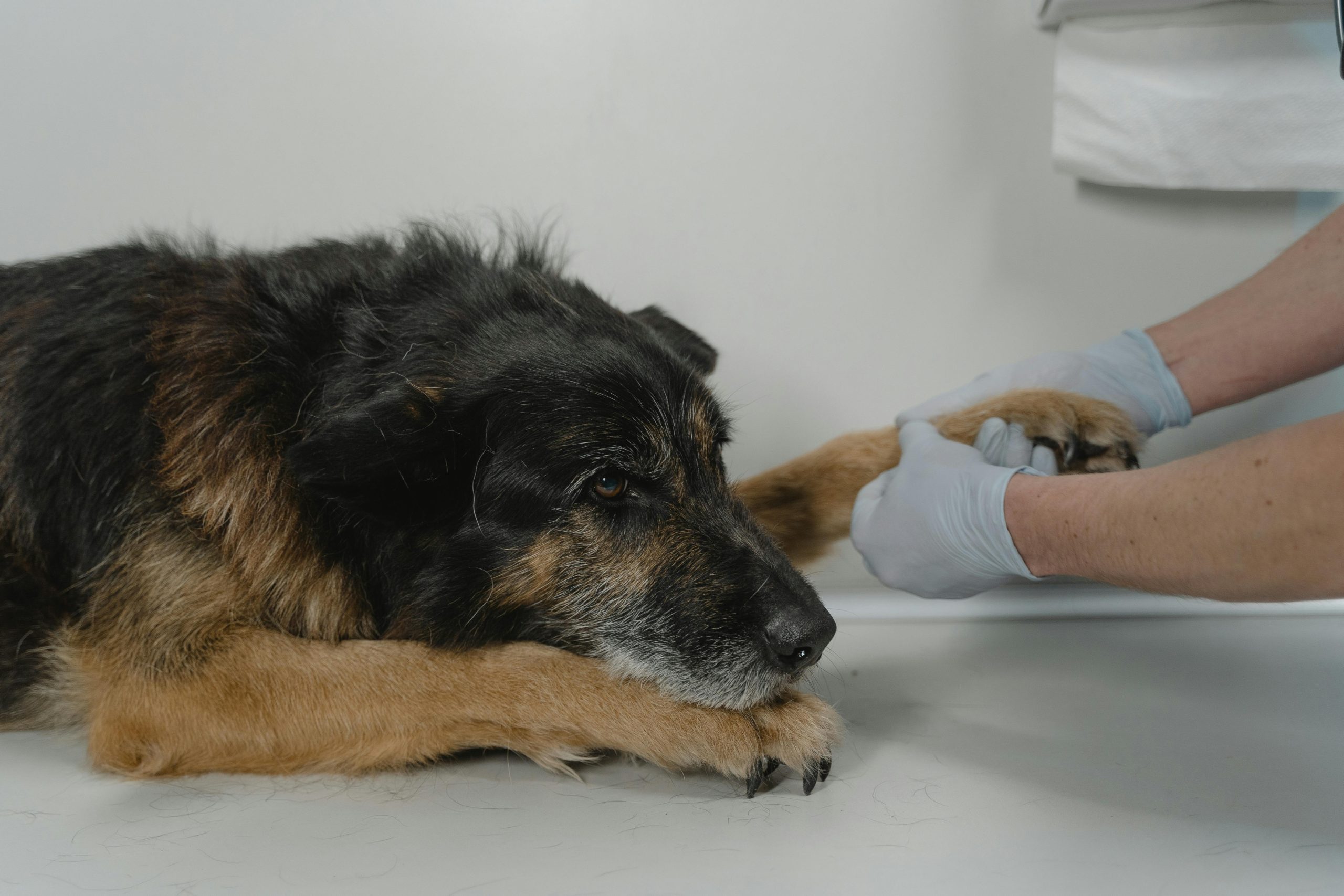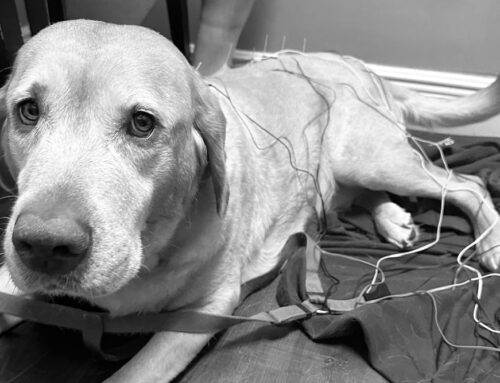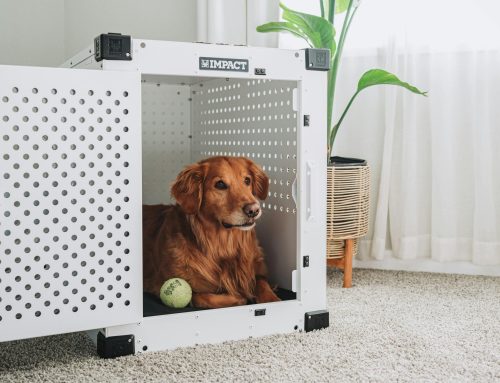Watching your beloved companion enter their golden years can bring a mix of emotions. There’s pride in the beautiful life you’ve shared together, but also natural concern about what lies ahead. Understanding the aging process in dogs and cats helps you provide the best senior pet care possible, ensuring your furry family member remains comfortable, healthy, and loved throughout their later years.
When Do Pets Become Seniors?
The transition to senior status varies significantly between dogs and cats, and even among different breeds. Generally, dogs are considered seniors around 7-8 years old, though larger breeds may reach senior status as early as 5-6 years, while smaller dogs might not be considered seniors until 10-12 years. Cats typically enter their senior years around 10 years old, with many living well into their teens or even early twenties with proper care.
Understanding these timelines helps you prepare for the gradual changes that come with aging, allowing you to adapt your pet care routine proactively rather than reactively.
Common Signs of Aging in Senior Dogs
Physical Changes in Aging Dogs
As dogs age, you may notice several physical transformations that are perfectly normal parts of the aging process. Their once-glossy coat might become grayer around the muzzle and face, and you may observe a general dulling of their fur’s luster. Many senior dogs experience decreased mobility, moving more slowly or showing stiffness, especially after resting.
Joint health becomes increasingly important as arthritis in dogs affects up to 80% of senior canines. You might notice your dog hesitating before jumping onto furniture, taking longer to stand up, or showing reluctance to go up and down stairs. These changes don’t mean your dog can’t enjoy life, but they do signal the need for adjustments in their daily routine.
Vision and hearing changes are also common. Your dog might not respond to their name as quickly, or they may bump into furniture occasionally. While these changes can be concerning, many dogs adapt remarkably well to sensory changes with your patient support.
Behavioral Changes in Senior Dogs
Senior dogs often experience shifts in their behavior patterns. They may sleep more during the day, seek out warmer spots for napping, or become more clingy with their favorite humans. Some dogs develop senior dog anxiety, becoming more sensitive to changes in routine or showing increased attachment behaviors.
Cognitive changes, similar to dementia in humans, can affect some senior dogs. Signs include confusion, disorientation, changes in sleep patterns, or house-training accidents. If you notice these symptoms, it’s important to consult with your veterinarian about cognitive dysfunction syndrome and available management strategies.
Understanding Senior Cat Care Needs
Physical Changes in Aging Cats
Cats are masters at hiding discomfort, making it crucial to watch for subtle signs of aging. Senior cats may experience weight changes, either gaining weight due to decreased activity or losing weight due to various age-related conditions. Their grooming habits might change, resulting in a less pristine coat or matted fur in areas they can no longer easily reach.
Arthritis in cats is extremely common but often overlooked because cats hide pain so effectively. You might notice your cat jumping to lower surfaces first before reaching their favorite high perch, or spending more time on ground level rather than exploring vertical spaces.
Dental health becomes increasingly important in senior cats. Bad breath, difficulty eating, messy eating, or pawing at their mouth can indicate dental disease, which affects the majority of cats over seven years old.
Behavioral Adaptations in Senior Cats
Senior cats may become more vocal, especially at night, or show changes in their litter box habits. They might prefer shallow litter boxes that are easier to enter and exit, or need boxes placed on each floor of your home to accommodate decreased mobility.
Many senior cats become more social and seek out warmth and comfort from their human companions more frequently. This increased affection is often a welcome change, but it can also indicate that your cat is seeking comfort for physical discomfort.
Essential Senior Pet Health Care
Regular Veterinary Care for Senior Pets
Senior pets benefit tremendously from more frequent veterinary checkups – ideally every six months rather than annually. These wellness visits allow for early detection of age-related conditions and can significantly improve your pet’s quality of life through timely intervention.
Blood work becomes especially important for senior pets, helping detect kidney disease, liver function changes, thyroid issues, and diabetes, all conditions that become more common with age but are highly manageable when caught early.
Nutrition for Senior Dogs and Cats
Senior pet nutrition requires thoughtful consideration as metabolisms slow and nutritional needs change. Senior dog food typically contains adjusted protein levels, enhanced joint support ingredients like glucosamine and chondroitin, and antioxidants to support cognitive function.
Senior cat nutrition focuses on maintaining muscle mass while supporting kidney function and digestive health. Increased water intake and maintaining good hydration are incredibly important.
Work closely with your veterinarian to determine the best diet for your individual pet, as nutritional needs can vary significantly based on health status, weight, and activity level.
Managing Common Senior Pet Health Issues
Joint Health and Mobility Support
Arthritis management in senior pets involves a multi-faceted approach. Beyond medication when necessary, there are therapies like acupuncture, low-level laser, physical therapy, medical manipulation, supplements, herbal therapy, and other forms of treatment for pain and inflammation that can be implemented to help extend both quality and quantity of life for our senior pets. While these can be added at any time, early intervention is incredibly helpful in slowing the progression of the disease and managing pain.
Environmental modifications can also make a tremendous difference. Orthopedic beds provide joint support, while ramps or steps help pets access favorite spots without stressing their joints.
Regular, gentle exercise remains important for maintaining muscle mass and joint flexibility. Swimming is an excellent low-impact exercise for dogs, while interactive play sessions tailored to your cat’s abilities help maintain mobility and mental stimulation.
Cognitive Health in Senior Pets
Mental stimulation remains crucial for senior pets. Puzzle feeders, gentle training sessions, and interactive toys help maintain cognitive function. Maintaining consistent routines provides security and reduces anxiety that can accompany cognitive changes.
Environmental enrichment adapted to your senior pet’s abilities (such as window perches for cats or sniffing games for dogs) keeps their minds engaged and spirits high.
Creating a Comfortable Environment for Senior Pets
Home Modifications for Aging Pets
Small changes in your home can significantly improve your senior pet’s comfort and independence. Non-slip rugs on smooth floors prevent falls.
For cats, consider adding more litter boxes in easily accessible locations, and ensure at least one box has low sides for easy entry. Heated beds or blankets provide comfort for arthritic joints, especially during colder months.
Exercise and Activity Modifications
While senior pets may not have the same energy as their younger selves, regular, appropriate exercise remains vital for their physical and mental health. Focus on consistency rather than intensity; short, frequent walks often work better than long hikes for senior dogs.
For senior cats, engage in gentle play sessions using toys that don’t require high-impact jumping or running. Laser pointers or feather wands can provide mental stimulation and light exercise tailored to their abilities.
Emotional Support for Senior Pets
Managing Anxiety and Stress in Older Pets
Senior pets can develop new anxieties or find previously manageable situations more stressful. Maintaining routines, providing safe spaces, and using calming aids like pheromone diffusers can help reduce anxiety.
Some senior pets benefit from anxiety management techniques such as gentle massage, calming music, desensitization, or natural supplements recommended by your veterinarian.
Quality Time and Bonding
The senior years offer a special opportunity to deepen your bond with your pet. Many senior pets become more affectionate and appreciate quiet companionship. Simple activities like gentle brushing, calm petting sessions, or just sitting together can be deeply meaningful for both of you.
When to Consult Your Veterinarian
Warning Signs in Senior Pets
While many changes are common in aging pets, there is still much that can be done to provide relief and help improve the quality of your pet’s life. Veterinary visits every 6 months are helpful in identifying and treating these more chronic changes. However, certain symptoms warrant immediate veterinary attention. These include sudden changes in appetite or water consumption, difficulty breathing, persistent vomiting or diarrhea, significant behavior changes, or obvious signs of pain.
Changes in bathroom habits, such as increased urination, accidents in the house, or straining, can indicate serious health issues that require prompt attention.
Preparing for Veterinary Visits
Keep a journal of changes you notice in your senior pet between visits. Note eating habits, activity levels, sleep patterns, and any concerning behaviors. This information helps your veterinarian provide the best possible care and make informed decisions about treatment options.
Planning for the Future
End-of-Life Considerations
While it’s difficult to think about, planning for your senior pet’s eventual end-of-life care ensures you can make decisions based on love rather than panic. Discuss quality-of-life indicators with your veterinarian and consider what factors are most important for your pet’s happiness and comfort.
Having these conversations early, while your pet is still relatively healthy, allows you to make thoughtful decisions about their care and your expectations for their golden years.
Embracing the Golden Years
Caring for a senior pet is one of the most rewarding aspects of pet ownership. Yes, it requires adjustments, more attention to health needs, and sometimes difficult decisions. But it also offers the profound satisfaction of providing comfort and love to a companion who has given you years of unconditional devotion.
Your senior pet may move more slowly, sleep more deeply, and need extra care, but they also possess a wisdom and gentle spirit that only comes with age. They know they are loved, they trust you completely, and they find joy in simple pleasures – a warm sunny spot, a gentle scratch behind the ears, or simply being near you.
Every day with your senior pet is a gift. By understanding their changing needs, providing appropriate care, and cherishing the time you have together, you ensure their golden years are truly golden. Remember that you’re not alone in this journey; your veterinary team, pet care professionals, and fellow pet owners are valuable resources and sources of support.
The love between you and your senior pet has only grown stronger over the years. Now, as they enter this new phase of life, your continued devotion and care help them navigate these changes with dignity, comfort, and the security of knowing they are deeply cherished. In caring for your senior pet, you honor the beautiful relationship you’ve built together and ensure their twilight years are filled with the same love and joy they’ve brought to your life.
West Park Animal Hospital in Westchase, FL, is dedicated to supporting pet families through every stage of their companion’s life, including the precious golden years. Our experienced veterinary team understands that caring for senior pets requires both clinical expertise and genuine compassion for the special bond you share. If you are near the Westchase, FL area, contact us today to discuss your senior pet’s individualized care plan and learn how we can help you navigate this meaningful chapter together.







Leave A Comment